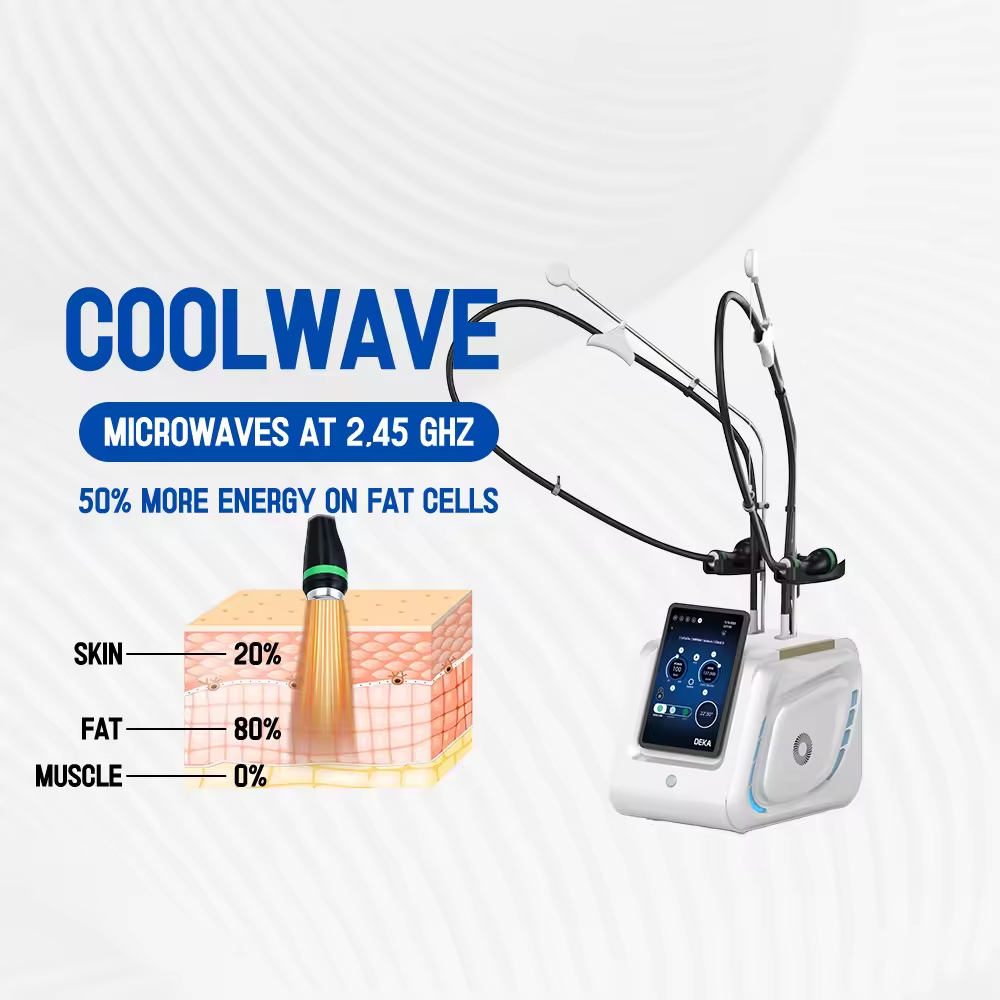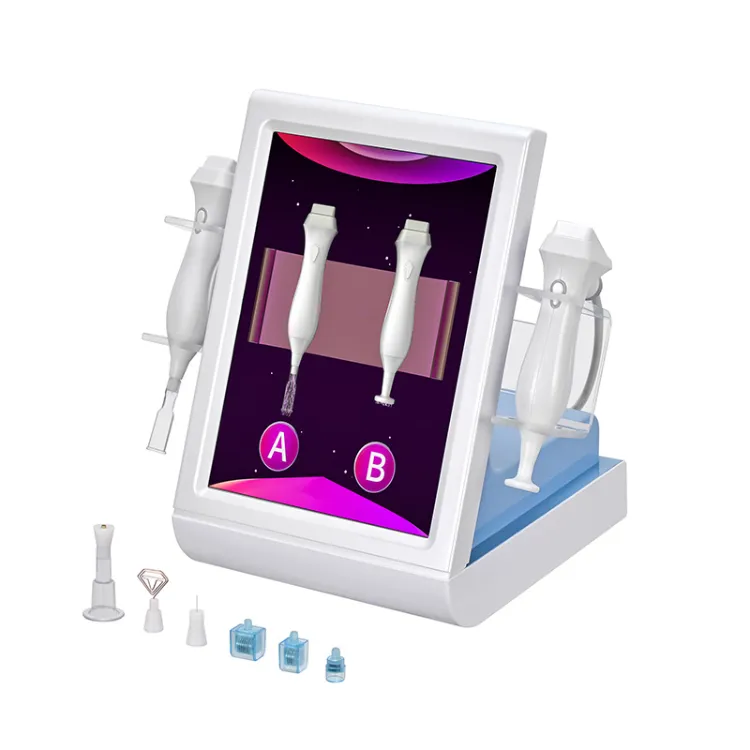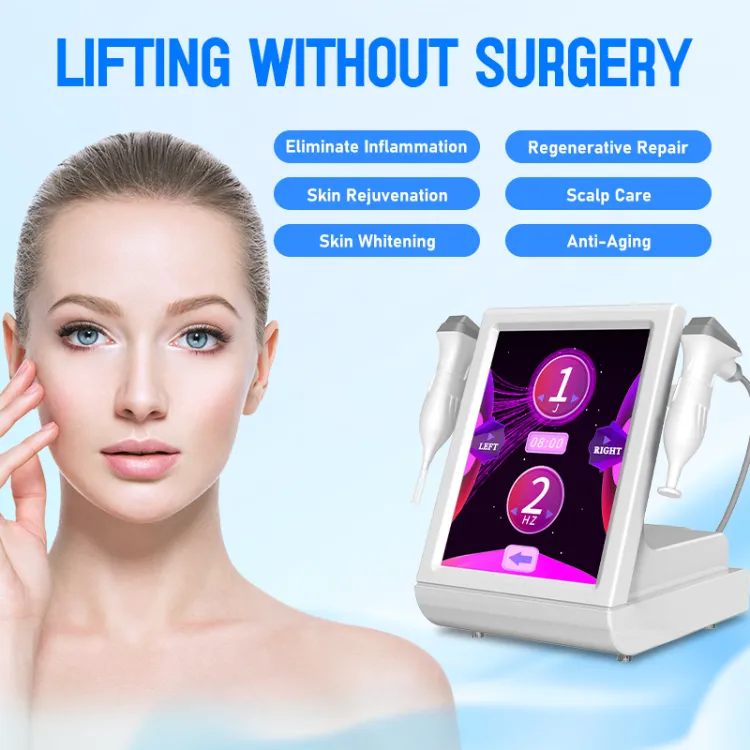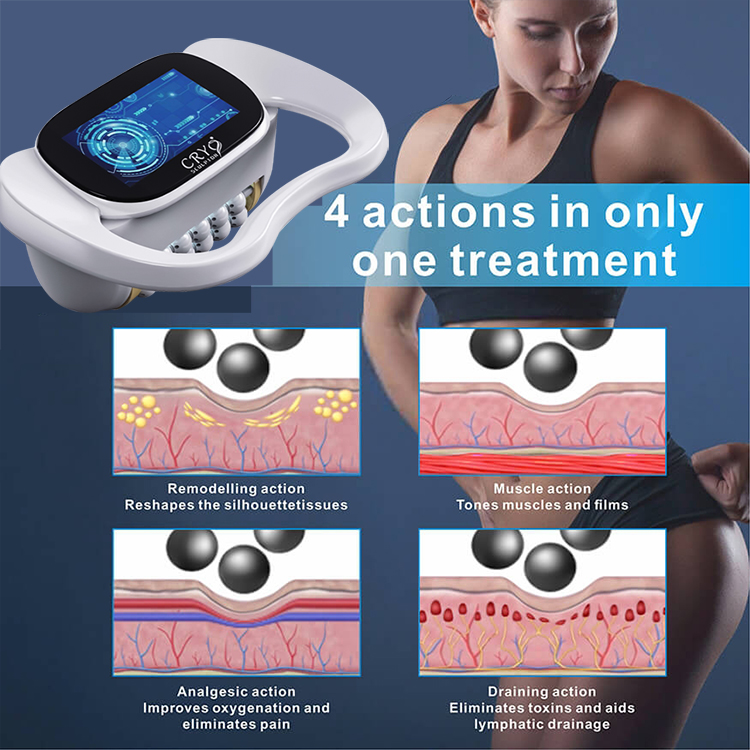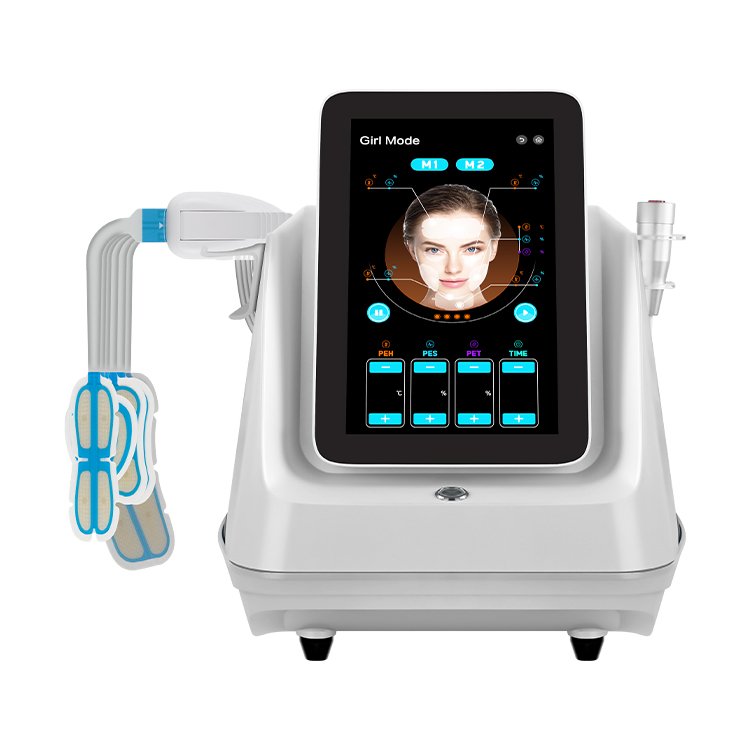Comparta soluciones optimizadas, conocimiento profesional sobre válvulas y novedades de la industria.
Introduce los términos o palabras clave que necesitas consultar y los artículos relevantes aparecerán en los resultados de búsqueda. Si no encuentras la respuesta que buscas, no dudes en contactarnos y estaremos encantados de ayudarte. También puedes enviar un correo electrónico directamente a beauty@shefmon.com.
¿La vitamina C ayuda con las cicatrices del acné?
- administración
Introducción
Lidiar con el acné es bastante difícil, pero las cicatrices que deja pueden ser aún más frustrantes. Si alguna vez te has preguntado si... vitamina C Puede ayudar a atenuar esas cicatrices de acné persistentes, no estás solo. Este potente ingrediente se ha hecho famoso en el cuidado de la piel por sus efectos iluminadores y cicatrizantes. Pero ¿realmente funciona para las cicatrices de acné? Descubrámoslo.
¿Qué son las cicatrices del acné?
Las cicatrices del acné son las marcas o hendiduras que quedan después de la cicatrización de los granos. Se forman cuando se interrumpe el proceso de curación de la piel, a menudo debido a la inflamación o al rascarse las imperfecciones.
Hay dos tipos principales:
cicatrices atróficas (hendiduras o hoyos)
cicatrices hipertróficas (áreas elevadas)
Cómo se forman las cicatrices del acné
Cuando el acné penetra profundamente en la piel, daña el tejido subcutáneo. A medida que el cuerpo se recupera, produce colágeno para reparar la zona. La falta de colágeno produce cicatrices con hoyuelos, mientras que el exceso crea cicatrices elevadas.
La vitamina C ayuda a regular este proceso de producción de colágeno, convirtiéndola en un aliado natural para la reparación de cicatrices.
¿Qué es la vitamina C?
Vitamina C, o ácido ascórbicoEs un potente antioxidante presente en frutas como la naranja y el limón. En el cuidado de la piel, se utiliza para:
Ilumina la piel opaca
Desvanecer las manchas oscuras
Estimular la producción de colágeno
Proteger contra los radicales libres
Cómo actúa la vitamina C en la piel
La vitamina C favorece el proceso de regeneración natural de la piel mediante:
Impulsar la síntesis de colágeno para reparar el tejido dañado
Inhibición de la producción de melanina, que aclara las cicatrices oscuras
Neutralizar el estrés oxidativo, reduciendo la inflamación que empeora las cicatrices
En resumen, ayuda a que tu piel sane más rápido y luzca más suave.
Tipos de cicatrices de acné con las que la vitamina C puede ayudar
La vitamina C es más eficaz en:
Hiperpigmentación postinflamatoria (HPI) – manchas oscuras que quedan después de que el acné se cura
Cicatrices atróficas leves – fosas poco profundas que pueden mejorar con la estimulación del colágeno
Sin embargo, para cicatrices profundas o en forma de picahielo, la combinación de vitamina C con tratamientos profesionales da mejores resultados.
Beneficios de la vitamina C para las cicatrices del acné
1. Aclarar la hiperpigmentación
La vitamina C ayuda a atenuar las manchas oscuras al reducir la producción de melanina. Con el tiempo, el tono de la piel se vuelve más uniforme y radiante.
2. Impulsar la producción de colágeno
El colágeno mantiene la piel firme y tersa. La vitamina C estimula la formación de nuevo colágeno, que puede rellenar las pequeñas imperfecciones causadas por el acné.
3. Reducir la inflamación
Sus propiedades antioxidantes calman el enrojecimiento y la hinchazón, acelerando el proceso de curación de la piel.
Cómo usar vitamina C para las cicatrices del acné
1. Sueros tópicos
Los sueros de vitamina C son los más eficaces para tratar las cicatrices directamente. Busca:
Concentración de ácido L-ascórbico 10–20%
pH alrededor de 3,5 para una mejor absorción.
Aplicar una vez al día, preferiblemente por la mañana.
2. Suplementos orales
Tomar tabletas de vitamina C o comer alimentos ricos en vitamina C favorece la curación desde dentro.
3. Tratamientos profesionales
Para las cicatrices rebeldes, los dermatólogos pueden combinar sueros de vitamina C con microagujas o terapia láser para mejorar la absorción y los resultados.
Cuándo aplicar vitamina C
La mañana es ideal, ya que la vitamina C también protege contra los rayos UV. A continuación, aplica protector solar para evitar que las manchas oscuras empeoren.
¿Cuánto tiempo se tarda en ver resultados?
Los resultados varían según el tipo de cicatriz y la capacidad de curación de la piel. Generalmente:
Manchas oscuras: Desvanecimiento notable en 4 a 8 semanas
Cicatrices de textura: Apariencia más suave después de 2 a 3 meses de uso constante
Los mejores ingredientes para combinar con la vitamina C
Para obtener mejores resultados, combine la vitamina C con:
Vitamina E – duplica la protección antioxidante
Niacinamida – reduce la inflamación y el enrojecimiento
Ácido hialurónico – hidrata y rellena la piel
Evite combinarlo con ácidos fuertes como AHA o retinol en la misma rutina para prevenir la irritación.
Precauciones al usar vitamina C
Haga siempre una prueba en un parche antes de usar.
Conservar en un lugar fresco y oscuro (la vitamina C se oxida fácilmente).
Utilice protector solar diariamente para proteger su piel en proceso de curación.
¿Quién debería evitar los productos con vitamina C?
Las personas con piel muy sensible o propensa a la rosácea deben comenzar con una concentración más baja (5–10%) y consultar a un dermatólogo si se produce irritación.
Alternativas y tratamientos complementarios
Si bien la vitamina C ayuda a atenuar la pigmentación, las cicatrices de acné más profundas pueden requerir tratamientos avanzados como:
Microagujas
Crea microlesiones que estimulan el colágeno, ideal para cicatrices con hoyuelos.
Terapia láser
Actúa sobre la pigmentación profunda y mejora la textura de la piel.
Microagujas de radiofrecuencia
Dispositivos como el Máquina de microagujas SHEFMON MNRF Combina radiofrecuencia y microagujas para rejuvenecer la piel, tensar los poros y suavizar las cicatrices del acné más rápido que los tratamientos tópicos solos.
Conclusión
Entonces, ¿la vitamina C ayuda con las cicatrices del acné?
¡Absolutamente! Aclara las manchas oscuras, estimula el colágeno y favorece la cicatrización. Sin embargo, para cicatrices más profundas, es recomendable combinar la vitamina C con tratamientos profesionales, como Microagujas de radiofrecuencia o terapia láser—puede ofrecer los mejores resultados. Piensa en la vitamina C como el asistente personal de reparación de tu piel: constante, potente y rejuvenecedor natural.
Preguntas frecuentes
1. ¿Puede la vitamina C eliminar las cicatrices del acné por completo?
Puede atenuar las manchas oscuras y mejorar las cicatrices leves, pero las cicatrices más profundas pueden necesitar tratamientos profesionales.
2. ¿Con qué frecuencia debo utilizar el suero de vitamina C?
Una vez al día, preferiblemente por la mañana, debajo del protector solar.
3. ¿La vitamina C es buena para la piel grasa o con tendencia al acné?
¡Sí! Ayuda a controlar la inflamación y reduce la pigmentación postacné.
4. ¿Puedo usar vitamina C con retinol?
Sí, pero no al mismo tiempo. Usa vitamina C por la mañana y retinol por la noche.
5. ¿Qué es mejor para las cicatrices del acné: la vitamina C o la niacinamida?
Ambos son eficaces: la vitamina C ilumina y cicatriza, mientras que la niacinamida suaviza y fortalece la barrera cutánea. Usarlos juntos ofrece los mejores resultados.



